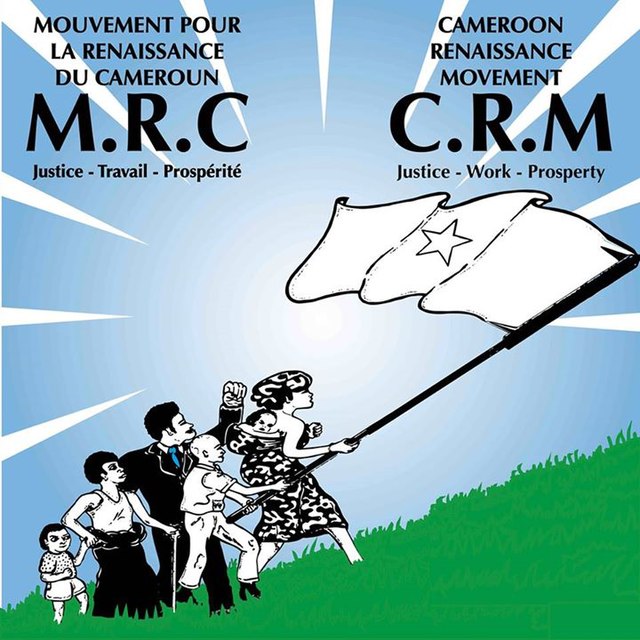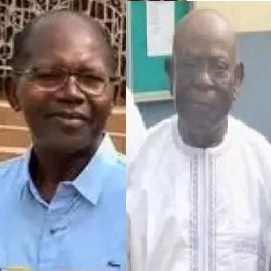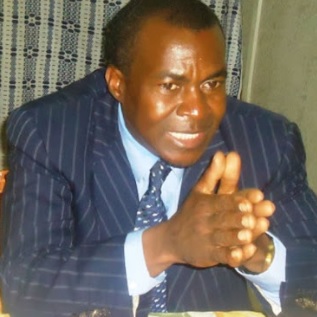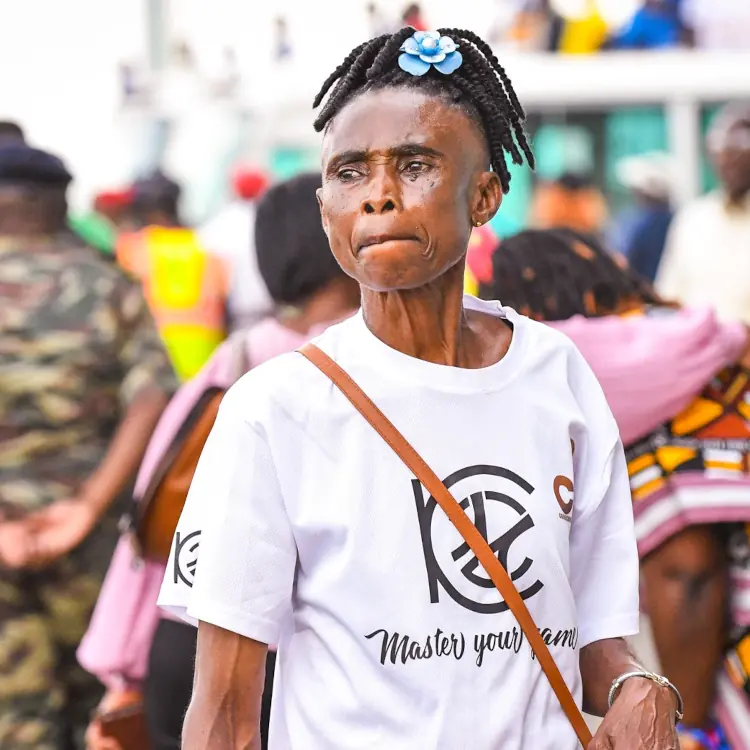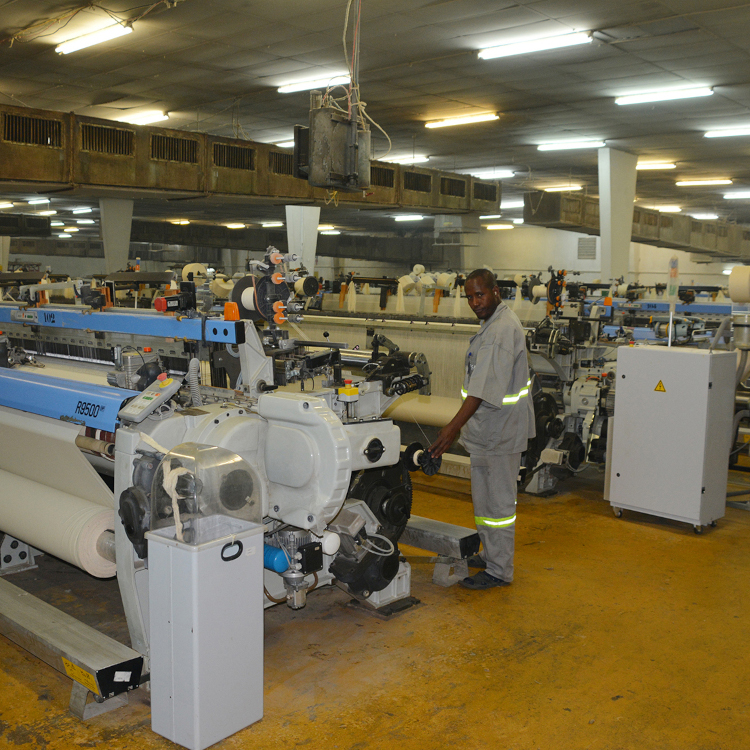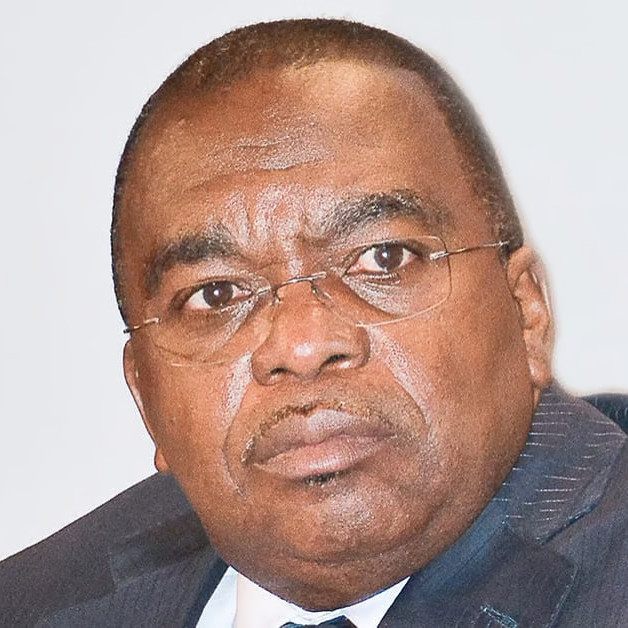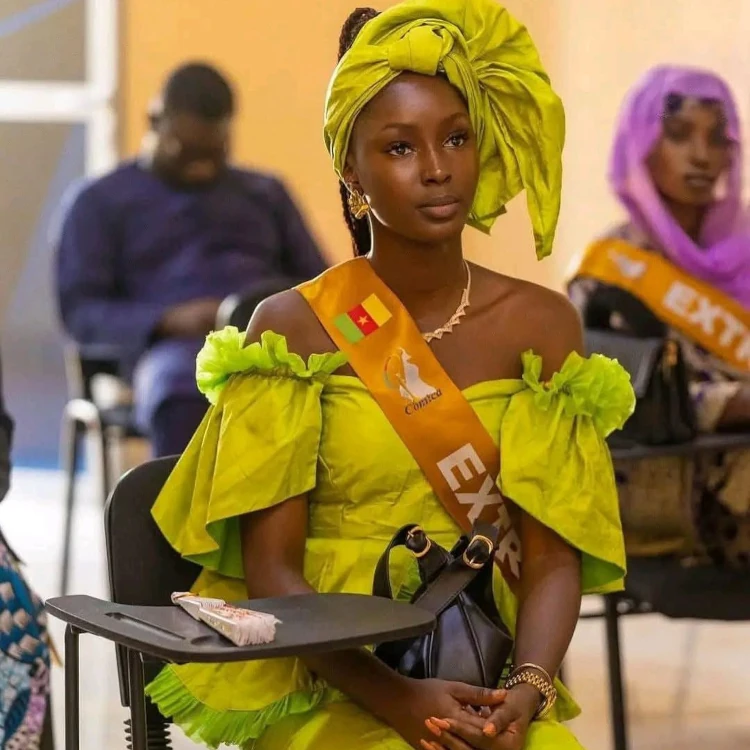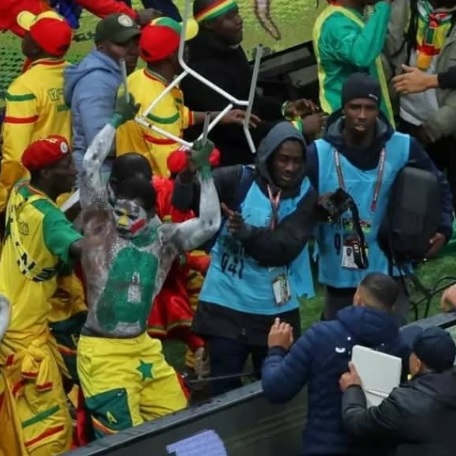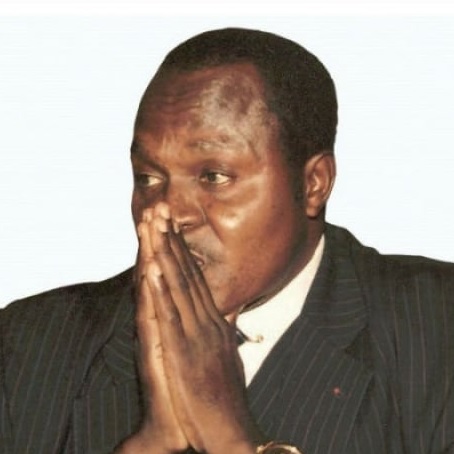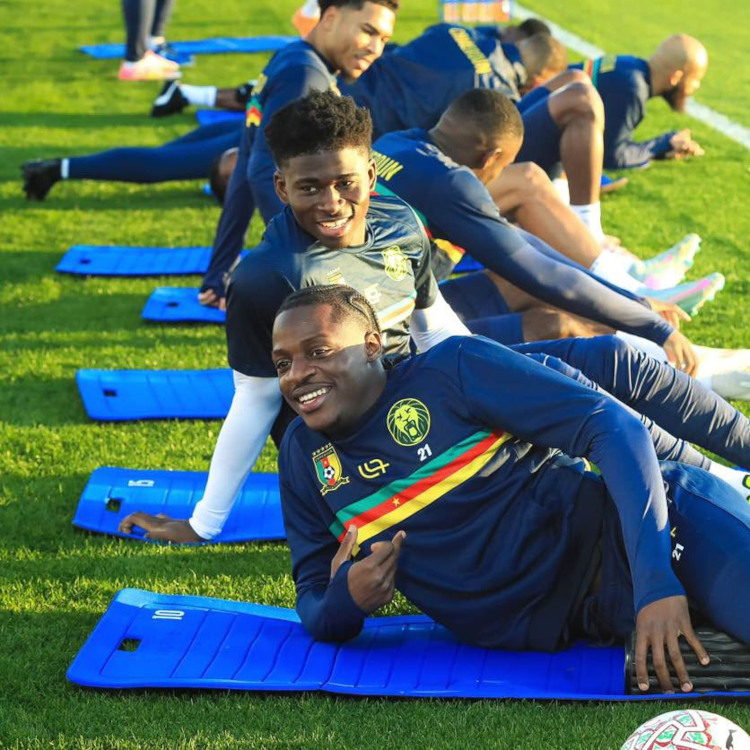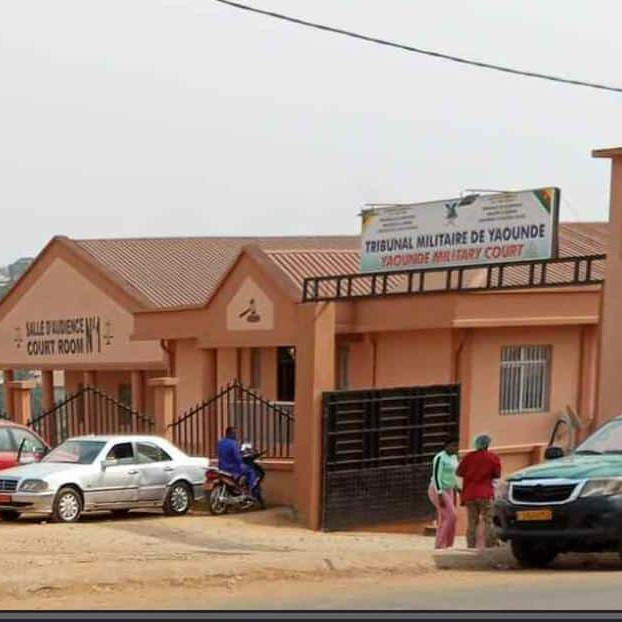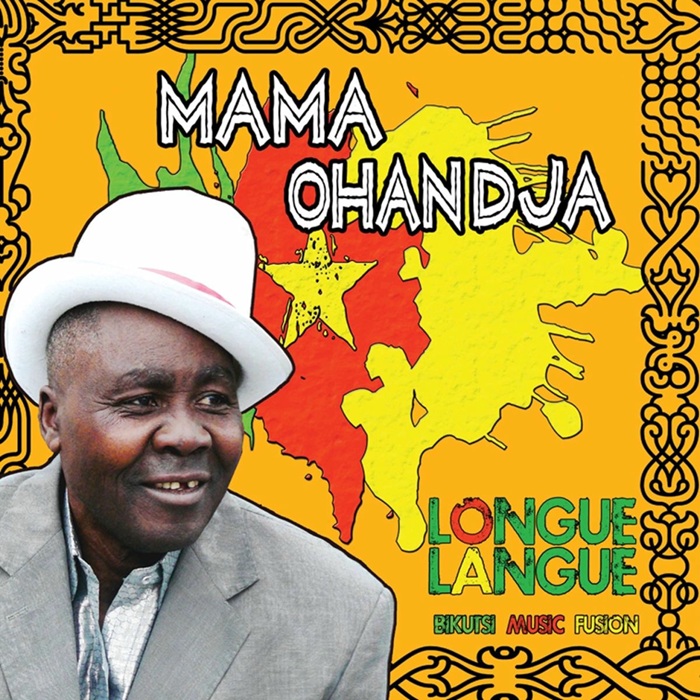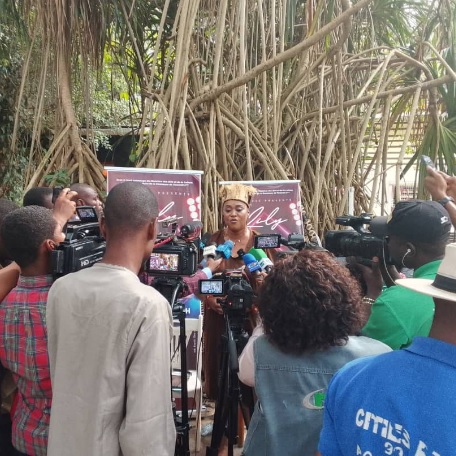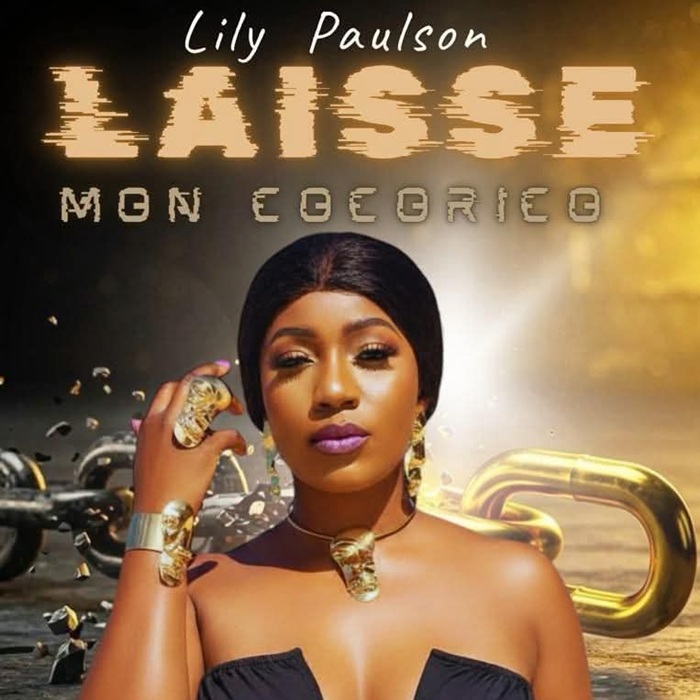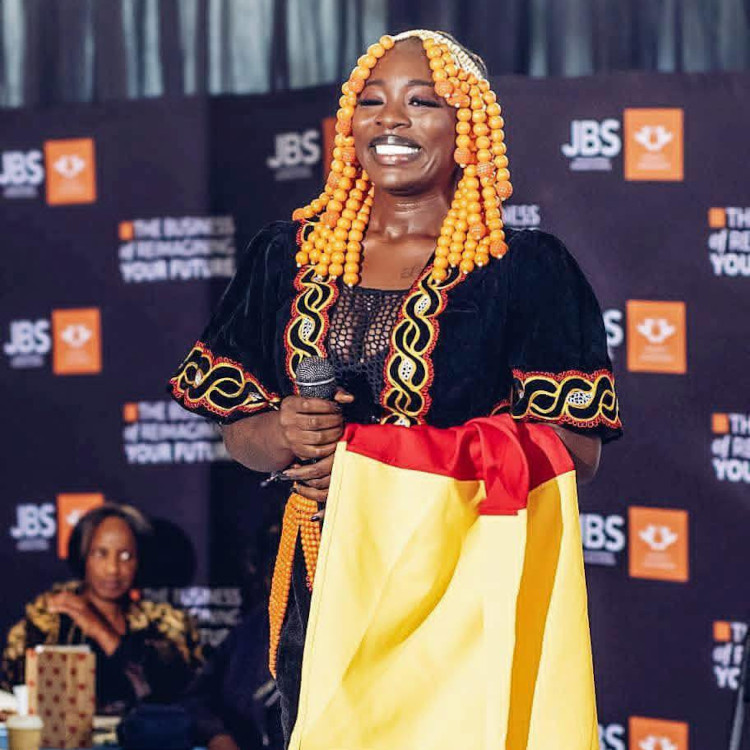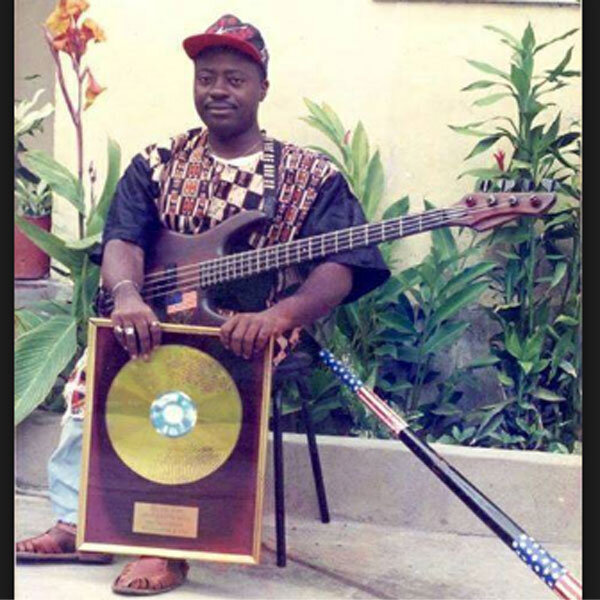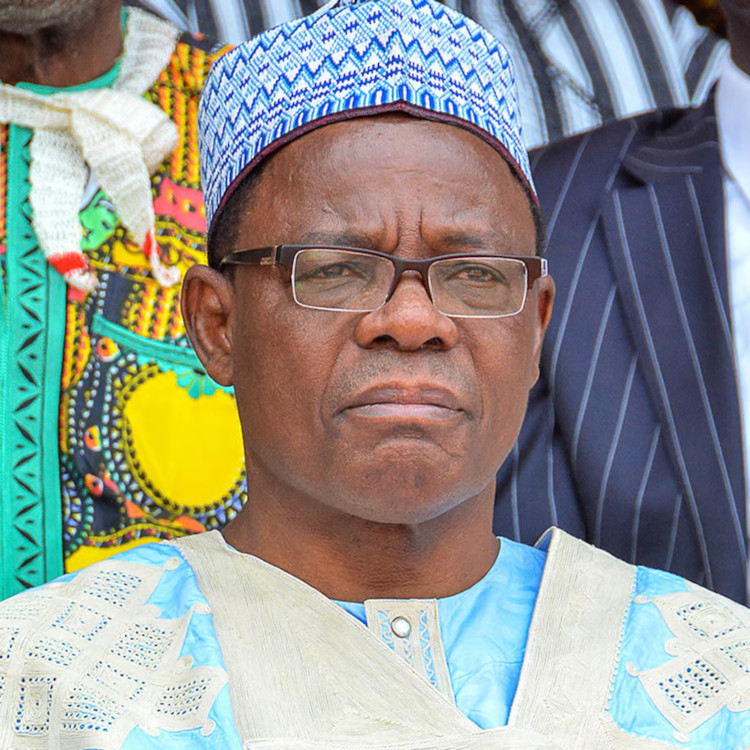

-
© Contributor : Palabre Intellectuelle
- 17 Apr 2017 11:03:31
- |
- 5281
- |
AFRIQUE :: So Bookul Calls for a Decentralization of Francophone Literature :: AFRICA
Some may rather speak of the urgency of “decolonizing” African literature- the French-speaking one, because on the English-speaking side things have considerably evolved. It still seems unthinkable that a book published in Africa be included in the final list of a great Parisian literary prize. Meanwhile, as we have seen, Chigozie Obioma's book “The Fishermen”, published by a Nigerian publisher, ended up in the shortlist of the London’s Man Booker Prize 2015.
It’s been recently said in a Cameroonian website that since more than four decades, no Cameroonian author living in Cameroon has been awarded a certain Parisian literary prize dedicated to Sub-Saharan Africa, and the article concluded that the African writers from the diaspora who have been distinguished by the said prize were more inspired than their fellows edited in Africa because of their exile. Could it be otherwise, since the books of non-exiled African authors, or at least not dealing with a publishing house from the metropolis, are not taken into account? Note: the book awarded in the latest edition of that contest was amongst the 101 pre-selected works of the Grand Prix of Literary Associations 2016, but didn’t appear in the shortlist, made of nine works, some being from African publishers.
The Parisian media grant their visibility only to books published in France. Sometimes this is not enough, it is necessary that the author resides or travels to France. This media discrimination also contributes to strengthening the monopolization of Francophone literature by Paris, to the detriment of Africa, and even of the rest of the world, according to an article published in Le Monde on March 21st, 2014, which drew the alarm bell on this excessive centralization of French-speaking literature by Paris (“Literary prizes, Francophone authors, big publishing houses ... everything passes through Paris, to the detriment of foreign authors who broadcast our language” /«Prix littéraires, auteurs francophones, grandes maisons… tout passe par Paris, au détriment des auteurs étrangers qui diffusent notre langue » ).
The risk is obviously that we could miss many geniuses, who will be extinguished in anonymity. The verdict of the GPLA 2016 proved this. It is possible that there are still potential young people in Africa such as Eric Mendi who can produce works like “AFANE” that may validly be compared with other writers’ works awarded in the highest levels of Western literary prizes. How not to miss them? By giving more consideration to African literature, made in Africa, in major literary events as well as in the Western giant media. And to the Africans, both from the diaspora and from the soil, here is an excerpt from "Afrotopia", the work by Felwine Sarr awarded in the Research category of GPLA 2016: "This alienation is also recognizable in the unbridled desire of certain intellectual and artistic elites to be dubbed and sanctified by Western recognition bodies: academies, literary and artistic prizes, university degrees, etc., this recognition being perceived as the only consecration that is worthwhile.” A word to the wise...
Offered by Reading is So Bookul
Pour plus d'informations sur l'actualité, abonnez vous sur : notre chaîne WhatsApp
Lire aussi dans la rubrique SOCIETE
Les + récents
Maurice Kamto dénonce la confiscation du corps d'Anicet Ekane par l'État
DENUNCIATION OF THE CONFISCATION OF THE MORTAL REMAINS OF ANICET EKANE BY THE AUTHORITIES
Opération Épervier : Belinga et Ondo Ondo libérés après 20 ans, l'argent public restitué ?
Sarah Etonge remporte la catégorie masters : deux titres consécutifs sur la montagne
Lydol nommée à l'Université de Montréal : le slam africain entre dans les amphis
SOCIETE :: les + lus



Les 8 meilleures écoles de commerce en Afrique francophone
- 18 January 2016
- /
- 45350


ALI BONGO-SASSOU NGUESSO : La guerre franche et maçonne
- 01 February 2016
- /
- 26684
LE DéBAT




Afrique : Quel droit à l'image pour les défunts au Cameroun ?
- 17 December 2017
- /
- 228767

Vidéo de la semaine
évènement


